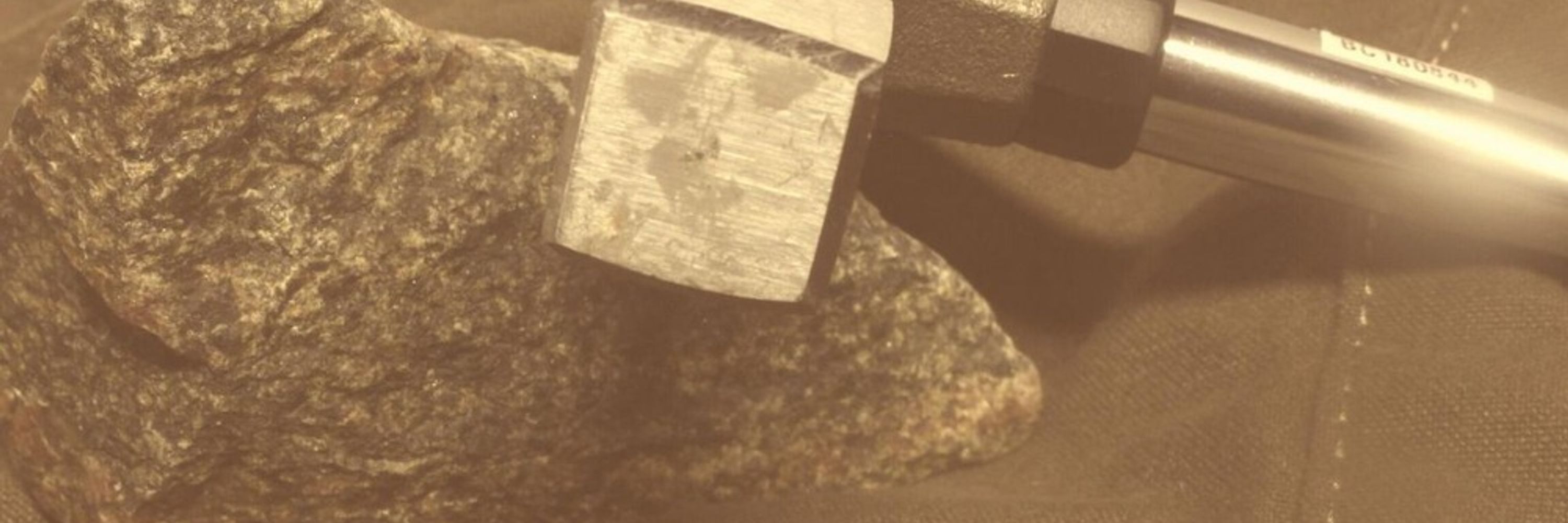
Investigating PETM biotic/environmental change Paleoclimate|Micropaleo|Geochemistry
https://www.youtube.com/channel/UCbpInDqTLp9_newr47g5CLA


Operating the Laser Ablation Mass Spectrometer (LA-MS) @unisouthampton.bsky.social
@noc.ac.uk to zap forams remotely using TeamViewer software!

www.science.org/content/arti...
www.science.org/content/arti...
www.nature.com/articles/s41...

www.nature.com/articles/s41...
Palm phytoliths in subarctic Canada imply ice-free winters 48 million years ago during the late early Eocene
doi.org/10.1093/aob/...
Palm phytoliths in 48 Ma lake seds from subarctic Canada prove that winter temps remained above freezing during early Eocene greenhouse climate.

Palm phytoliths in subarctic Canada imply ice-free winters 48 million years ago during the late early Eocene
doi.org/10.1093/aob/...
Palm phytoliths in 48 Ma lake seds from subarctic Canada prove that winter temps remained above freezing during early Eocene greenhouse climate.
The @icdp-ecn.bsky.social podcast is OFFICIALLY on the way! 🎧
Listen to the teaser now and get ready for Episode 1 on 16 January 2026‼️
▶️ Listen here: open.spotify.com/episode/7mcn...
Support the next generation of science storytellers!
#ICDP-ECRpodcast #Scientificdrlling

The @icdp-ecn.bsky.social podcast is OFFICIALLY on the way! 🎧
Listen to the teaser now and get ready for Episode 1 on 16 January 2026‼️
▶️ Listen here: open.spotify.com/episode/7mcn...
Support the next generation of science storytellers!
#ICDP-ECRpodcast #Scientificdrlling
Lower latitude "shift to smaller plants such as palms and ferns. Leaf mass per area also increased as deciduous trees declined. Fossil soils indicate reduced soil organic carbon levels" ⚒️🧪
theconversation.com/56-million-y...

Lower latitude "shift to smaller plants such as palms and ferns. Leaf mass per area also increased as deciduous trees declined. Fossil soils indicate reduced soil organic carbon levels" ⚒️🧪
theconversation.com/56-million-y...



Check out our preprint from ESSOpenArchive:
doi.org/10.22541/ess...

Check out our preprint from ESSOpenArchive:
doi.org/10.22541/ess...

Operating the Laser Ablation Mass Spectrometer (LA-MS) @unisouthampton.bsky.social
@noc.ac.uk to zap forams remotely using TeamViewer software!


Operating the Laser Ablation Mass Spectrometer (LA-MS) @unisouthampton.bsky.social
@noc.ac.uk to zap forams remotely using TeamViewer software!

We are still trying to figure out exactly how much "safe(ish) space" we still have with athmospheric CO2 to keep temperatures in the "suitable for human habitation" zone. This study tries to narrow it down: between 251 and 666 Gt.🧪
Link: www.cell.com/one-earth/fu...

We are still trying to figure out exactly how much "safe(ish) space" we still have with athmospheric CO2 to keep temperatures in the "suitable for human habitation" zone. This study tries to narrow it down: between 251 and 666 Gt.🧪
Link: www.cell.com/one-earth/fu...
That's an under-appreciated impact of #AMOC shutdown, of particular concern given the recent results showing much higher likelihood of this. 1/2
www.livescience.com/planet-earth...

That's an under-appreciated impact of #AMOC shutdown, of particular concern given the recent results showing much higher likelihood of this. 1/2
www.livescience.com/planet-earth...
If you're studying Scottish archaeology or starting your career in heritage, head to our Students page to learn more: scarf.scot/students/

If you're studying Scottish archaeology or starting your career in heritage, head to our Students page to learn more: scarf.scot/students/
doi.org/10.1029/2025...
doi.org/10.1029/2025...

doi.org/10.1029/2025...
doi.org/10.1029/2025...
www.nature.com/articles/s41...

www.nature.com/articles/s41...
This is the action we all need nationally and internationally
#COP30 #COP31
youtu.be/8sa7uh192r0
This is the action we all need nationally and internationally
#COP30 #COP31
youtu.be/8sa7uh192r0





